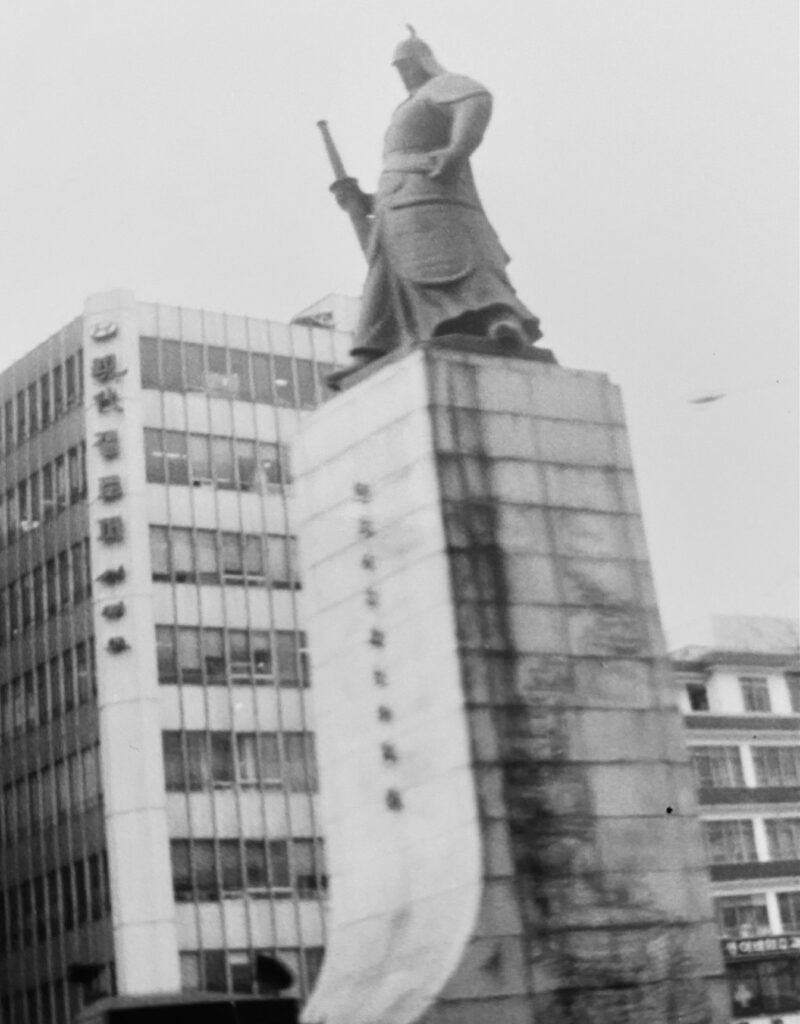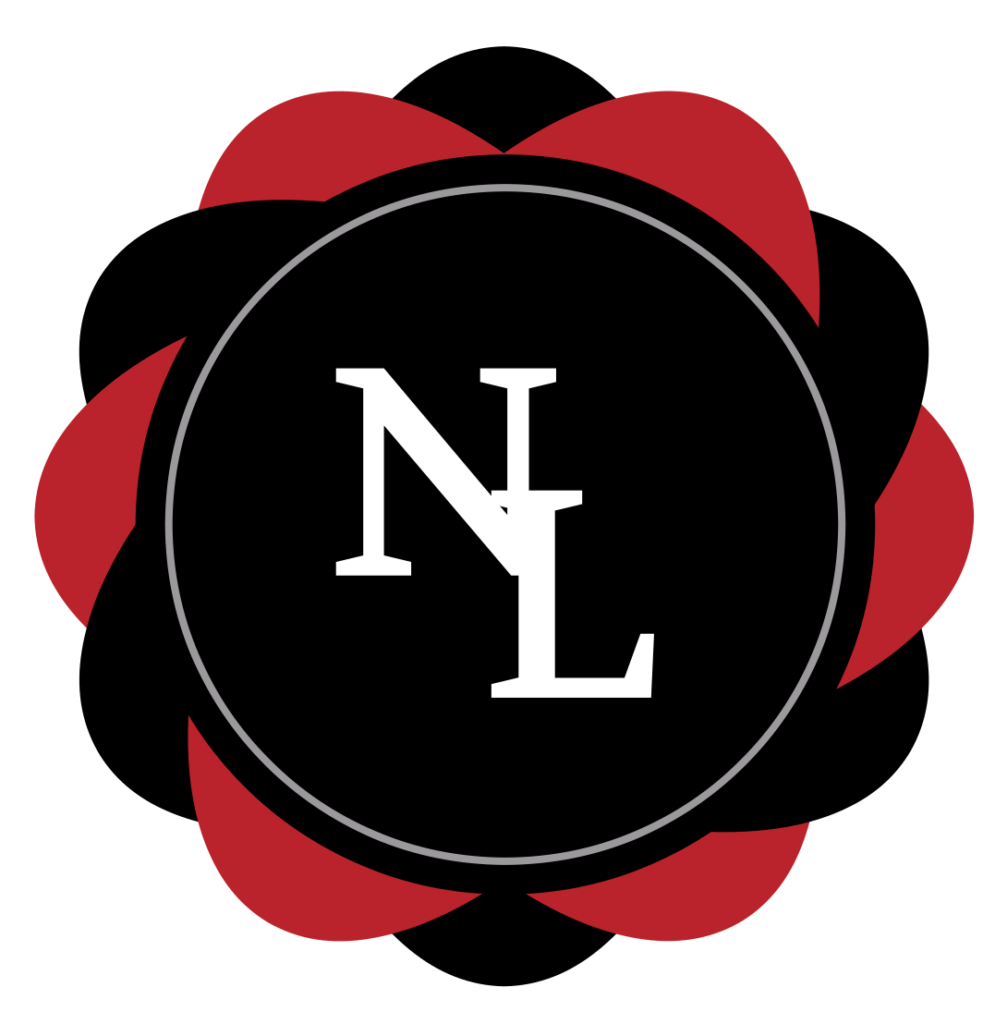Doctrine

A doctrine to recognize and deter oppression-Admiral Yi Shu Shin Monument Seoul South Korea-Photo by JEV
Oppressed -1. burdened with cruel or unjust impositions or restraints; subjected to burdensome or harsh exercise of authority or power. (Dictionary.com)
Oppressor -1. a person or group that exercises authority or power over another in a harsh and burdensome way. (Dictionary.com)
6: 1 If we look at life in a conventional way, It forces us to either take as much as we can in the time we have or live by a set of rules crafted by one of many religions. 6: 2 The former fosters competition, exploitation, and conflict. The latter suppresses free thought and promotes a cult of control. 6: 3 The rules imposed by the clergy subdue the masses and assure power to a small elite minority (monarchy, theocracy, or oligarchy). 6: 4 As a reward for subjugation, there is the promise of eternal paradise, however only after death.
6: 5 Once we realize we are condemned, we have a choice as to how we live. The decisions we make when there is no heaven, no paradise; when altruism is its own, and only reward, will substantially determine the amount of suffering we feel through our many reincarnations.
6: 6 We will either sink into anarchy, cruelty, and chaos. Or we will do what is right. Defend the vulnerable, challenge, and bring down the powerful and the exploitative. 6: 7 Give to those that are poor. Protect innocence and children, fight for those who cannot fight for themselves, and be a shield to the most vulnerable.
6: 8 Some will be reincarnated into positions of wealth and power. Since we are the damned, we must expect them to be cruel and exploitative. 6: 9 We must assume they will stop at nothing to obtain what they want at the expense of everyone else—given a chance; they will take everything and leave nothing for the rest. 6: 10 We must be diligent in identifying who oppresses and who is being oppressed. 6: 11 Marx wrote about this in the context of class antagonisms. But it can also apply to any relationship either between countries, groups, or individuals.
6: 12 Once oppressor and oppressed are determined, the distinction will draw the lines between right and wrong. 6: 13 This contrast will tell us who needs to be fought against and who needs to be protected.
6: 14 Identifying the oppressor
It is vitally important to distinguish oppressors. 6: 15 On a large scale, it is usually apparent which entity exercises harsh authority over another—for example, the oppression of slavery, internment, or genocide. 6: 16 However, oppression is not always as blatant and needs to be examined and scrutinized. Below is a list of oppressor “truths” to illuminate and determine which side to support and which side to confront.
6: 17 a. Any unwarranted aggression,
meaning any physical or psychological attack that is unprovoked. For example, abuse of power by the police or military.
6: 18 b. A vast disparity in power,
either between large groups or individuals. There is always a need for self-defense, even for the powerful; however, the response must be appropriate. For example, if Taiwan sinks a Chinese ship, China has the right to defend itself, but not by leveling the entire island; the response must be proportional.
6: 19 c. Systematic factors,
that are embedded in institutions and directed at society’s vulnerable and powerless populations and demographics. For example, the trials of Native Americans on Reservations to have legal treaties made with the US government upheld, receive medical care, or vote in state and federal elections.
6: 20 d. Employer or corporate leverage,
Employers exploit workers through wages, benefits, work hours, working conditions, etc. Corporations exploit everyone by; price gouging, conspiracy to fix markets, lying about the dangers of their products, and the theft of resources.
6: 21 e. Socio/economic vulnerabilities,
which includes minority status, mental or physical challenges, poverty, homelessness, sexual orientations, identifying as other than binary, or any position that would allow society to discriminate or exclude.
6: 22 f. Theocracies,
the majority or ruling class forcing their religious beliefs on everyone else, for example, banning abortion because of Christian values. 16: 23 There will be oppressed and oppressors in every circumstance and any group dynamic. 6: 24 Individuals must see through disinformation, bias, and societal norms to choose the right side. To side against the oppressor and help the oppressed. 16: 25 Too often, people are duped into supporting a cause that is oppressive and/or against their own best interests.
